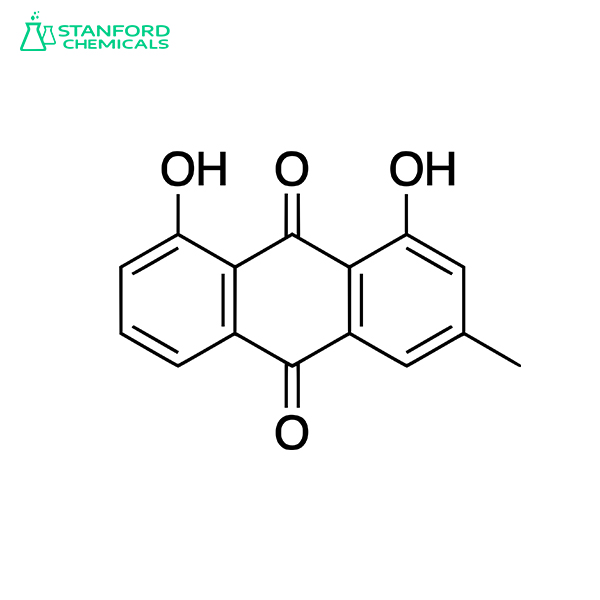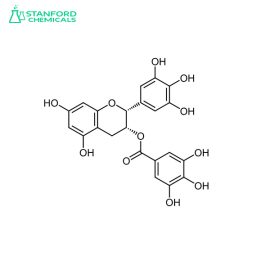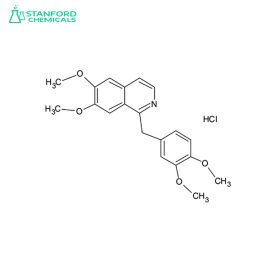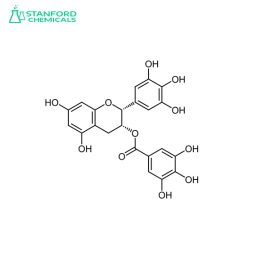Chrysophanol
Chrysophanol is an anthraquinone from rhubarb and other plants, noted for its laxative, anti-inflammatory, antiviral, and anticancer properties, used in traditional medicine, pharmaceutical research, and dietary supplements, highlighting its potential in health enhancement and disease treatment.
Overview:
Chrysophanol is an anthraquinone compound predominantly found in rhubarb species and other plants like Cassia and Aloe. This natural organic compound has been studied for its broad range of biological activities, including its laxative, anti-inflammatory, antiviral, and anticancer properties. Its mechanism involves interaction with various cellular pathways, making it a compound of interest in both traditional and modern medicinal research.
Chrysophanol Key Features:
– Laxative Effect: Promotes bowel movements, making it effective in treating constipation.
– Anti-inflammatory Properties: Reduces inflammation, offering potential benefits for inflammatory diseases.
– Antiviral Activity: Exhibits potential against certain viruses, contributing to its use in antiviral therapy.
– Anticancer Potential: Shows capability to inhibit the growth of cancer cells through apoptosis induction and cell cycle arrest.
– Natural Origin: Extracted from traditional medicinal plants, emphasizing the significance of natural compounds in health and wellness.
Chrysophanol Applications:
– Herbal Medicine: Used traditionally to alleviate constipation and other digestive issues.
– Pharmaceutical Research: Investigated for developing treatments for inflammatory conditions, viral infections, and cancer.
– Dietary Supplements: Included in formulations aimed at improving digestive health and overall well-being.
Chrysophanol Functions:
– Facilitating Digestion: Aids in relieving constipation by stimulating bowel movements.
– Modulating Inflammatory Responses: Acts on inflammatory pathways to reduce symptoms associated with various conditions.
– Combating Viral Infections: Offers a natural approach to managing viral diseases.
– Inhibiting Cancer Cell Proliferation: Targets cancer cells, preventing their growth and inducing programmed cell death.






Reviews
There are no reviews yet.